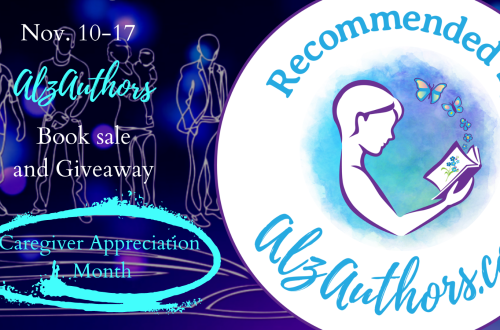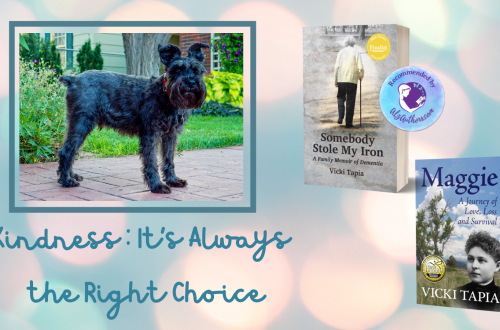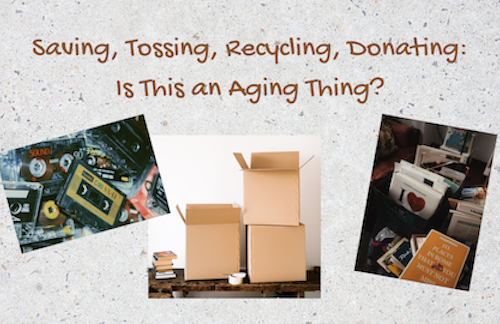Confront or Cover-up? Would YOU Tell?
 It starts small. Misplaced keys that turn up in odd places, making you wonder if there are gremlins living in your house. Forgotten appointments you’re sure no one mentioned, until someone points to where you’d written it on your calendar. Other odd happenings disregarded, yet still niggling in the back of your mind.
It starts small. Misplaced keys that turn up in odd places, making you wonder if there are gremlins living in your house. Forgotten appointments you’re sure no one mentioned, until someone points to where you’d written it on your calendar. Other odd happenings disregarded, yet still niggling in the back of your mind.
More time passes, and you begin to think someone has rewritten your familiar cookie recipe in an alien language, because as far as you’re concerned, the words have begun to lose their meaning. They have become a jumble of disconnected letters.  You walk into the laundry room to wash a load or two, but have no idea how to operate your washing machine; you then ask yourself, what are all those buttons for, anyway? You get lost walking your dog around the neighborhood you’ve lived in
You walk into the laundry room to wash a load or two, but have no idea how to operate your washing machine; you then ask yourself, what are all those buttons for, anyway? You get lost walking your dog around the neighborhood you’ve lived in  for over 40 years and spend hours finding your way home. A truly terrifying state! Would this be the day your anxiety turned to panic?
for over 40 years and spend hours finding your way home. A truly terrifying state! Would this be the day your anxiety turned to panic?
Envision a decline which begins without permission or compromise, and chips away at all you hold dear. Would
you, should you, tell anyone? Or, do you simply whisper your fears to the wind, hoping that if you ignore this apparent glitch in your brain, it will disappear and you’ll soon be back to your old self? Until that time, surely it wouldn’t be too hard to fake it…would it? Then, a chilling thought–it couldn’t possibly be the beginnings of dementia…could it? And, what if you did tell someone and they locked you away in a special care facility? Is that a risk you’d be willing to take?
This was the world my mother entered sometime in her late 70’s or early 80’s. No one is sure exactly when her cognitive decline began, largely because of our family’s naïveté in recognizing her decline, combined with her resourcefulness in covering it up. I wonder how far along this journey she was before she realized her abilities, and her sense of self, were gradually slipping away. I wonder what that must have been like for her to endure it silently, alone with her thoughts and fears for the future. It was only later, after her doctor’s official diagnosis of Alzheimer’s— after she’d been “outed,” so to speak— that she alluded to the disease, and even then, only a few times. In one conversation, she forbid family members from speaking the dreaded word “Alzheimer’s” in her presence. And, once in awhile, she’d anxiously comment to me, “I’m losing my mind!” She knew, without a doubt, what she was talking about. She was losing her mind.
If it were you, would you tell someone? Or, would you do your best to cover it up for as long as you possibly could?



